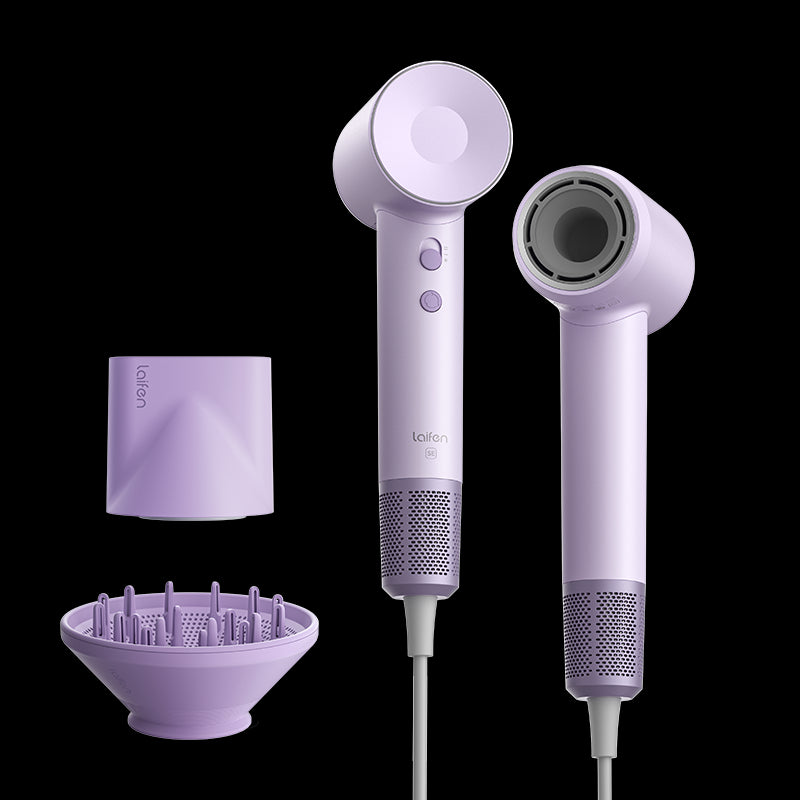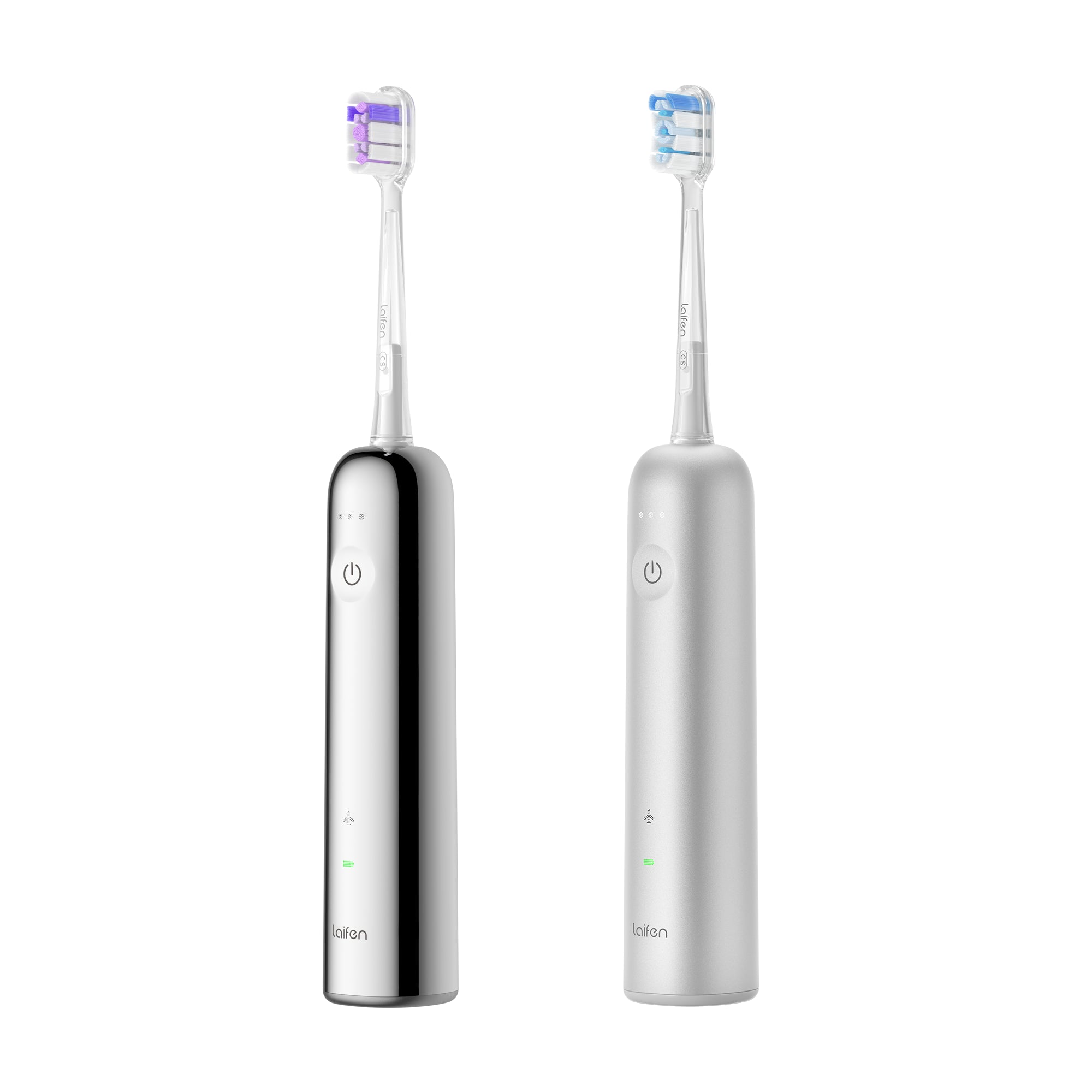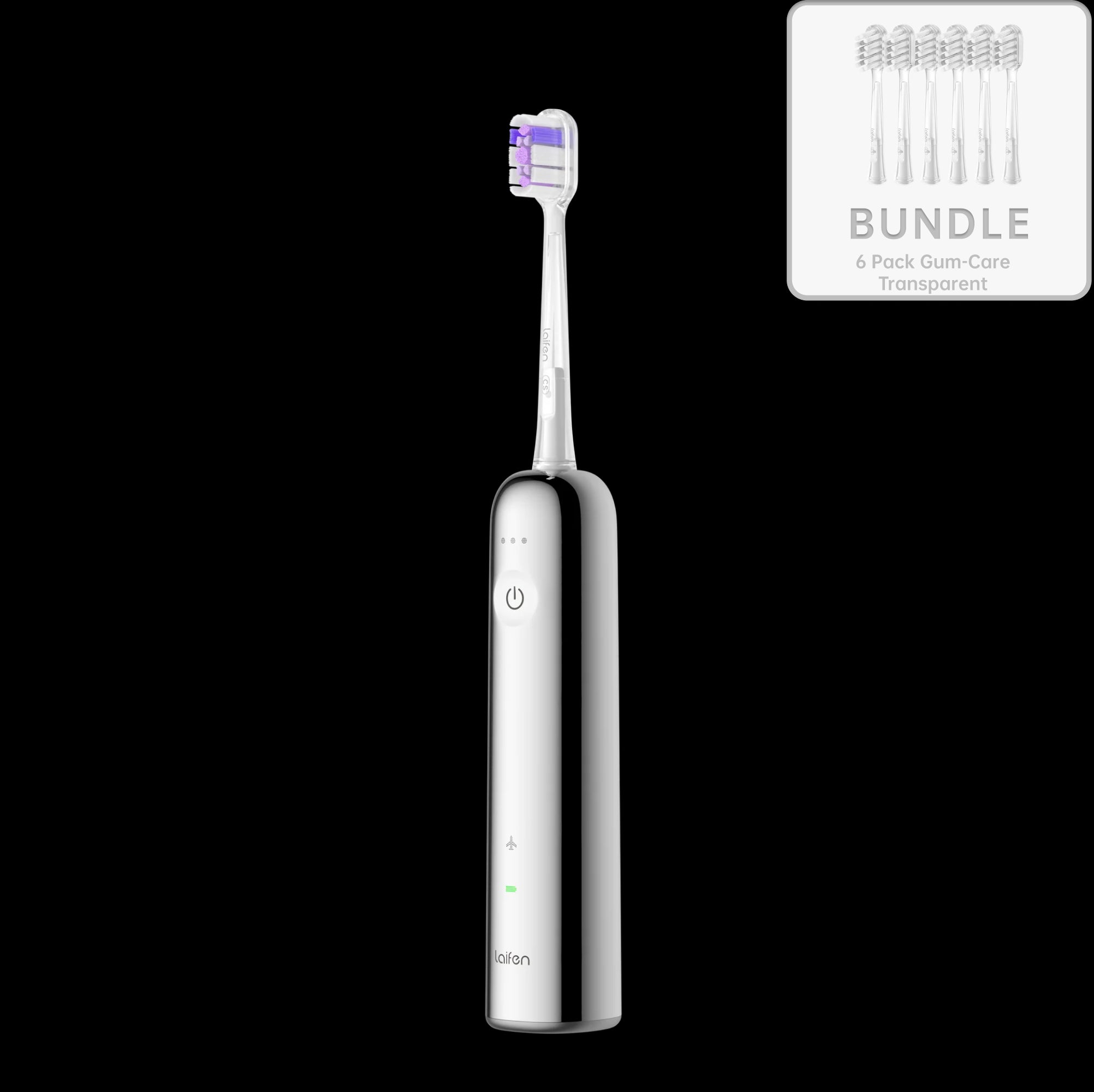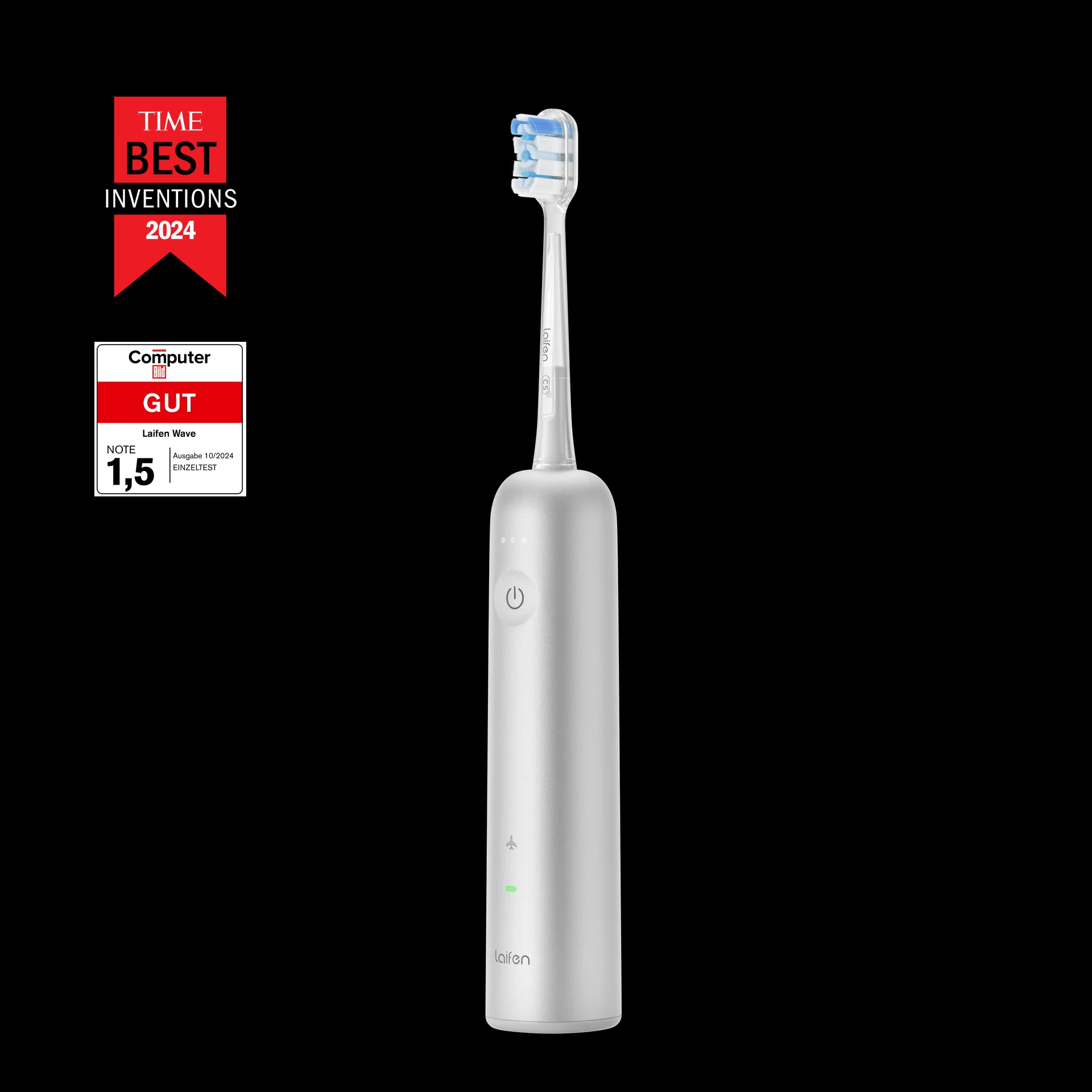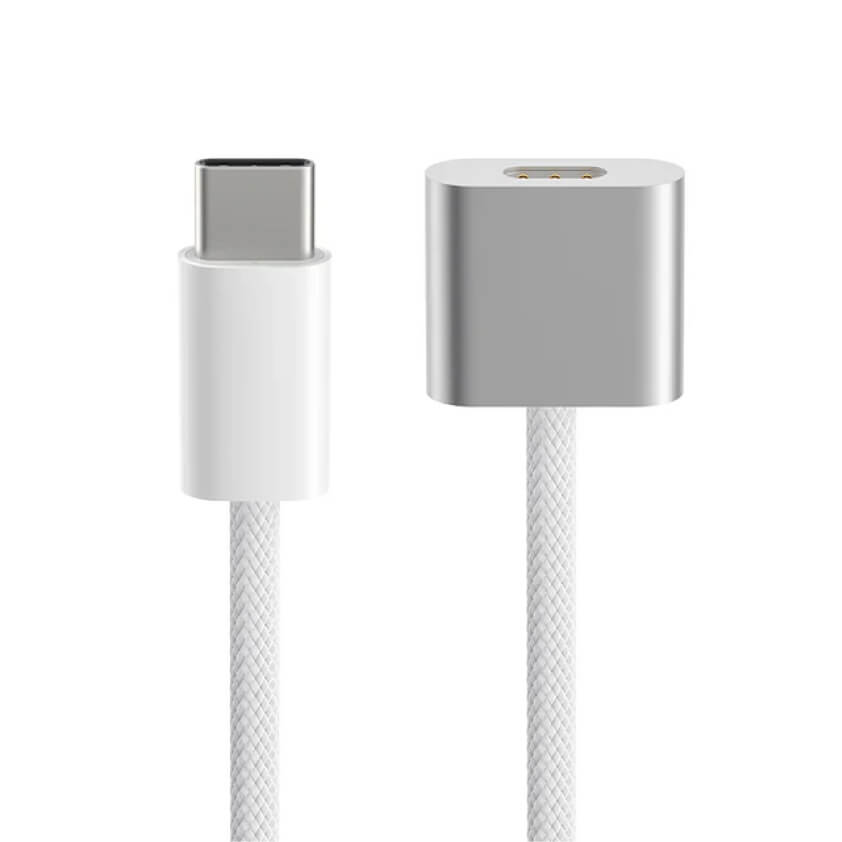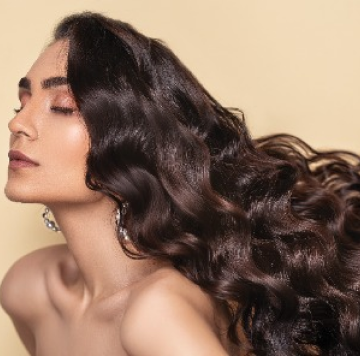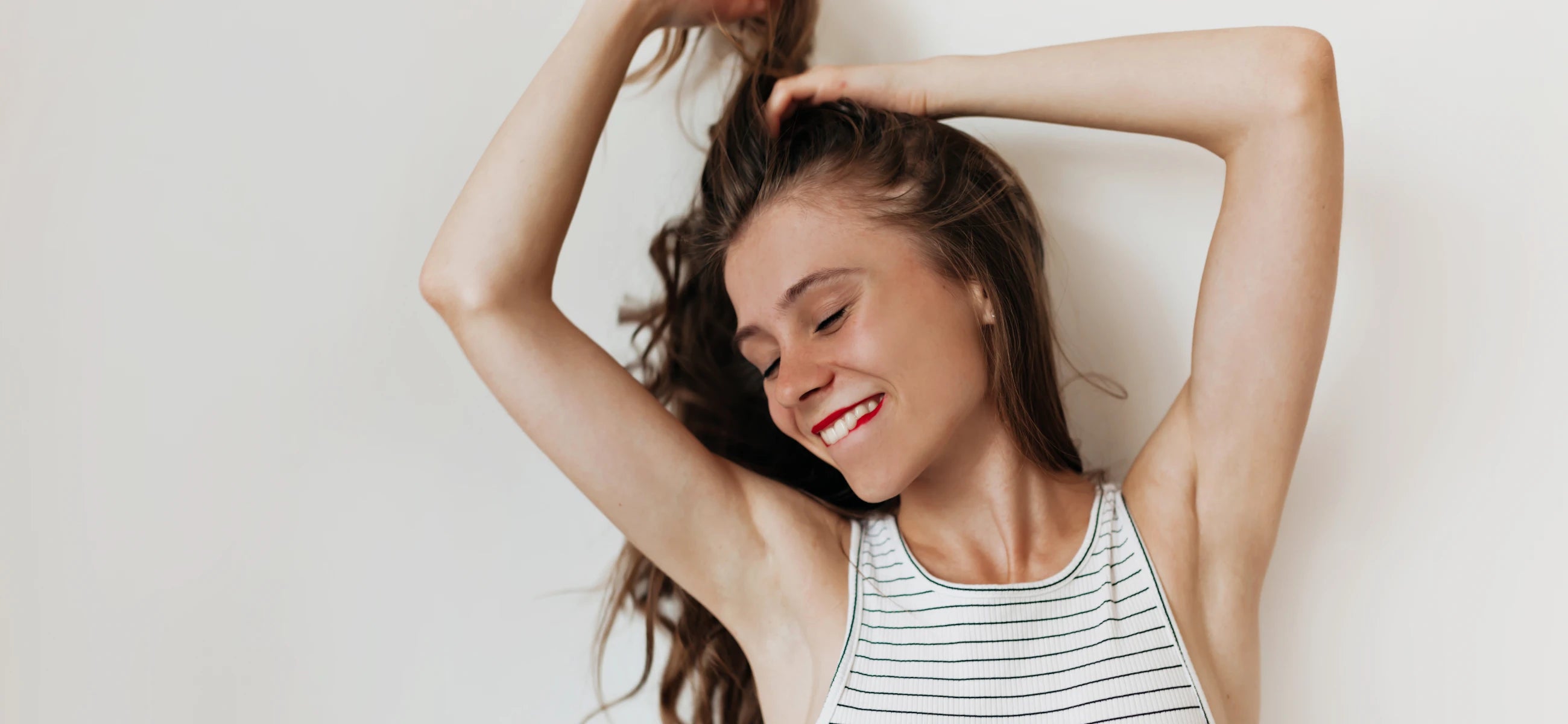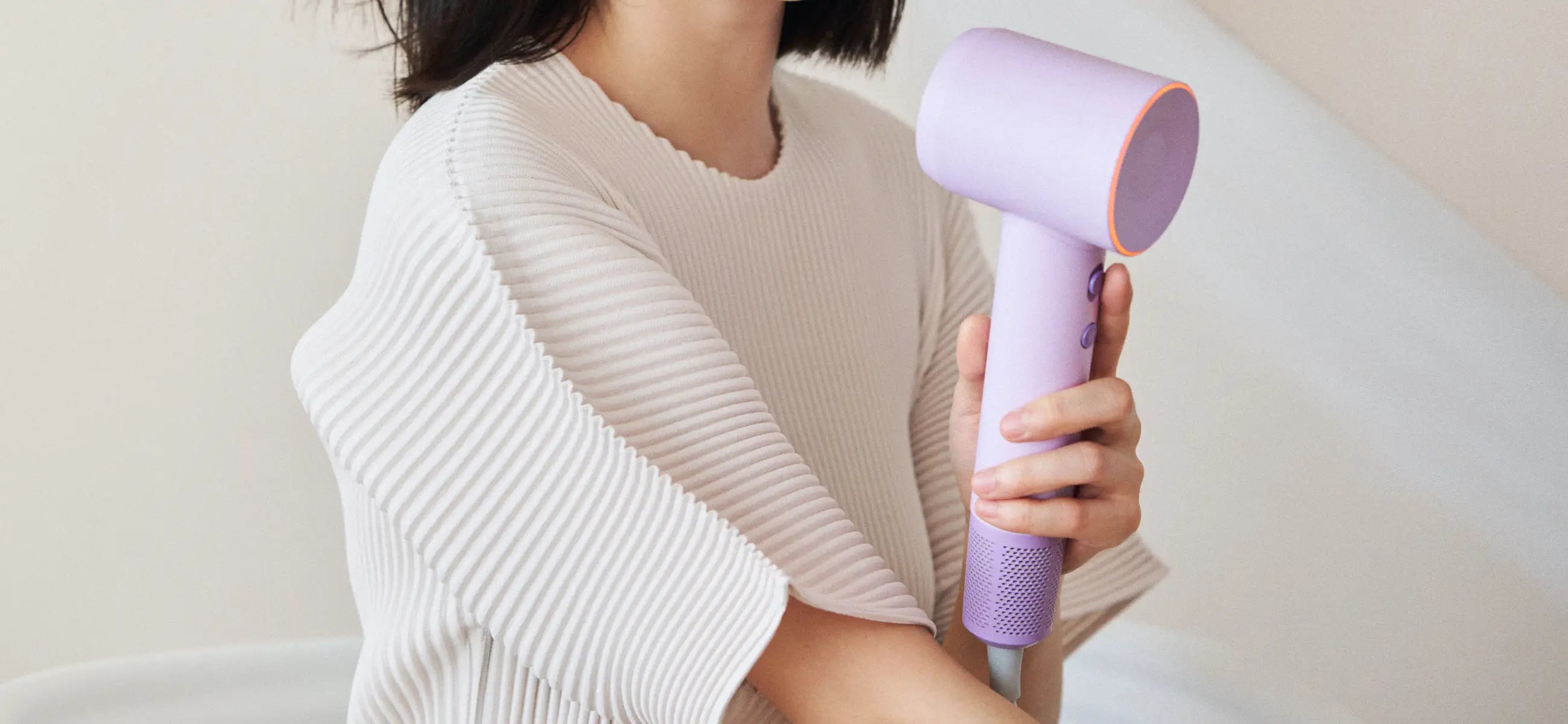
In this article
- Does dry hair with hot air damaging?
- Is it better to dry hair with hot air or cold?
- What does hot air do to your hair?
- How to blow dry hair without damage?
- Best hair dryer recommendations with hot air settings of 2024
- How long does it take to dry hair with hot air?
- Things you need to keep in mind when using hot air
Compared to drying hair with cold air, drying hair with hot air can lead to several damaging effects, including moisture loss, frizz, and heat damage. The prolonged exposure to high temperatures can weaken the hair shaft, resulting in breakage and split ends. While hot air can expedite the drying process, it typically takes around 15-30 minutes to blow dry hair completely.
Hot air can be beneficial when precision styling is required or during colder weather to provide warmth. The disadvantages of using hot air include increased risk of damage and dryness, particularly for those with fragile or chemically-treated hair. Proper heat protection and moderation are crucial for minimizing potential harm.
Does dry hair with hot air damaging?
Many users have reported experiencing damage from drying their hair with hot air, including dryness, frizz, and breakage. Some have found that their hair feels brittle and straw-like after prolonged use of high heat settings, leading to concerns about hair health.
Users with sensitive scalps have experienced discomfort and irritation from the heat, prompting them to seek alternative drying methods. Others have found hot air drying beneficial for achieving sleek styles and setting their hairstyles in place quickly.
Is it better to dry hair with hot air or cold?
These are the key differences between drying hair with hot air versus cold air, highlighting aspects such as damage potential, moisture retention, frizz control, and environmental impact.
|
Aspect |
Hot air drying |
Cold air drying |
|
Damage potential |
Higher risk of damage due to high heat |
Lower risk of damage as cold air is gentler |
|
Moisture retention |
Can strip moisture, leading to dryness |
Helps seal in moisture, reducing dryness |
|
Frizz control |
May increase frizz due to heat exposure |
Minimizes frizz by smoothing hair cuticles |
|
Scalp sensitivity |
May cause discomfort or irritation |
Soothes sensitive scalps with cool airflow |
|
Styling flexibility |
Offers more control for precision styling |
Provides less control over styling |
|
Drying time |
Shorter drying time due to higher heat |
Longer drying time as cold air is less efficient |
|
Hair health |
May lead to dryness and damage over time |
Promotes healthier-looking hair with reduced damage |
|
Energy consumption |
Uses more energy due to heating element |
Energy-efficient option, lower energy consumption |
|
Environmental impact |
Higher environmental impact due to energy use |
Lower environmental impact due to reduced energy use |
|
Cost |
Higher energy cost due to prolonged use |
Lower energy cost due to reduced energy consumption |
What does hot air do to your hair?
Hot air can have various effects on your hair, both positive and negative:
Positive effects
-
Hot air helps to evaporate water from your hair, allowing it to dry more quickly than air drying.
-
Hot air can be used to style your hair, whether you're straightening, curling, or adding volume.
-
The concentrated heat from a hair dryer nozzle can help you achieve precise styling results.
Negative effects
-
Excessive heat can strip the hair of its natural oils, leading to dryness and brittleness.
-
High temperatures can weaken the hair shaft, making it more prone to breakage and split ends.
-
Heat can cause the hair cuticle to lift, leading to frizz and flyaways.
-
Direct heat on the scalp can cause discomfort or irritation, especially for those with sensitive skin.
How to blow dry hair without damage?
To blow dry hair without causing damage, it's essential to follow a few key steps. Start by towel-drying your hair gently to remove excess moisture before applying any heat.
You also need to use a heat protectant spray or serum to shield your hair from the damaging effects of heat styling. Opt for a hair dryer with adjustable heat settings and choose a lower temperature to minimize heat exposure.
In the process, you need to maintain a safe distance between the hair dryer and your hair to prevent overheating and minimize the risk of damage. Use a wide-tooth comb or your fingers to detangle your hair gently while drying, avoiding excessive pulling or tugging that can lead to breakage.
To make the experience better, you can consider using a diffuser attachment to disperse the airflow evenly and reduce the intensity of the heat on your hair. This can help to minimize frizz and enhance the natural texture of your hair while reducing the risk of damage from heat styling.
Best hair dryer recommendations with hot air settings of 2024
Want to know which hair dryer comes first that support soft hot air and no-frizz blowout effect? For 2024, the Laifen Swift Special stands out as a top recommendation for a hair dryer with hot air settings.
Equipped with customizable heat settings, including precise temperature control, the Laifen Swift Special allows users to adjust the heat to their specific hair type and styling needs, minimizing the risk of heat damage.
Its ergonomic design and lightweight construction make it comfortable to use for extended periods, while its powerful motor ensures fast drying times and salon-quality results.
When you switch to the hot air setting, Swift Special won't hurt your hair and texture as traditional products because it comes with heat prevent system and nature air setting system. Using it as your best hot air helper will never be regret.
How long does it take to dry hair with hot air?
The time it takes to dry hair with hot air can vary depending on factors such as hair type, thickness, and length. Generally, for short hair, drying time with hot air can range from 5 to 15 minutes, depending on the desired level of dryness and styling.
For long hair, drying time may be longer, typically ranging from 15 to 30 minutes or more, depending on the thickness of the hair and the desired style.
Hair type also plays a significant role in drying time. Fine or thin hair may dry more quickly with hot air, while thick or coarse hair may take longer to dry thoroughly. The use of heat protectant products and the efficiency of the hair dryer can also affect drying time.
Things you need to keep in mind when using hot air
While drying hair with hot air offers convenience and efficiency, it's essential to proceed with caution to minimize potential damage. Understanding the effects of heat on different hair types and employing protective measures such as heat protectant products can help preserve hair health.


